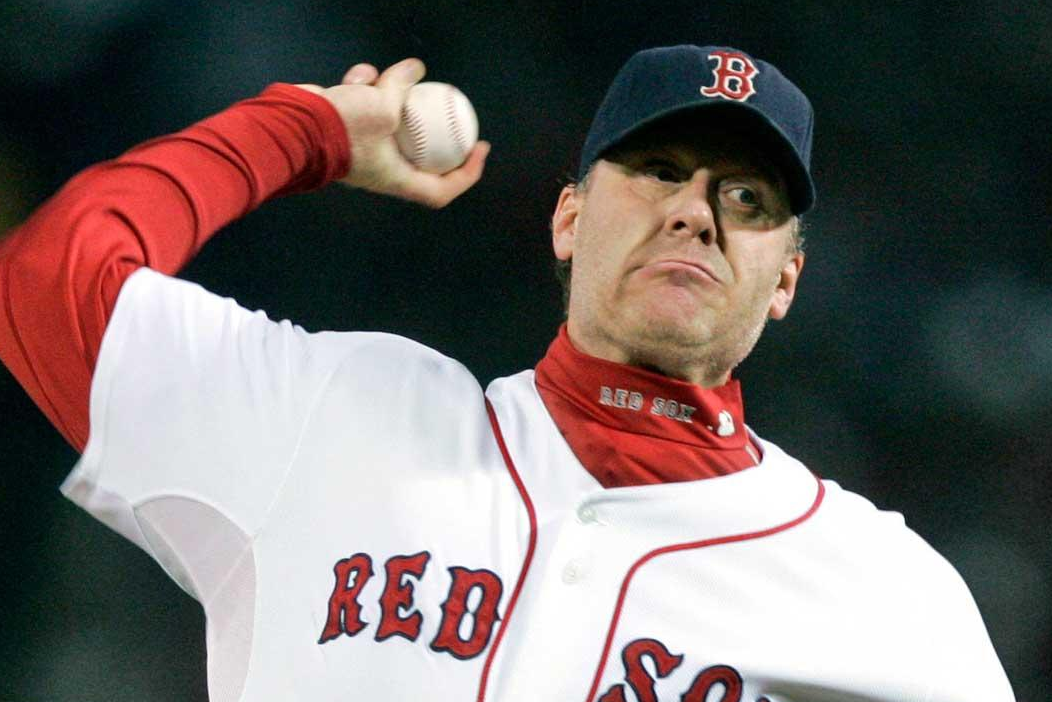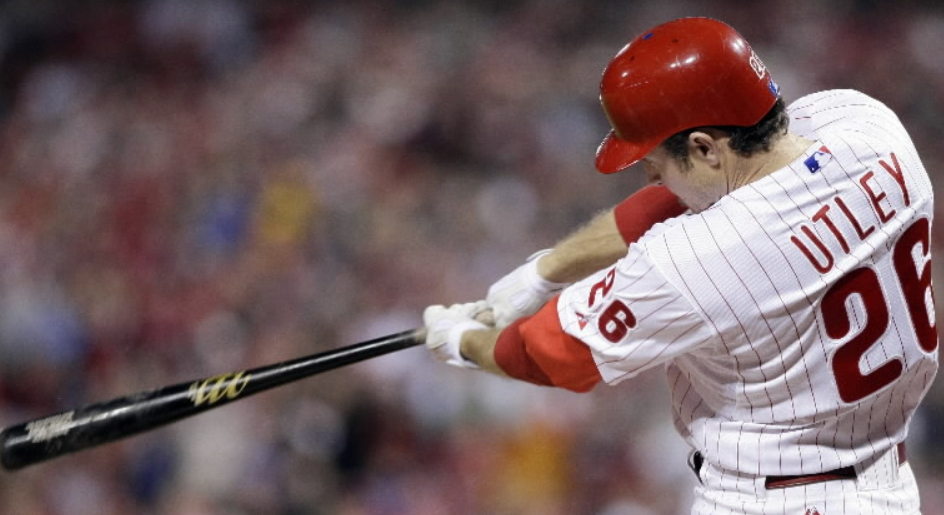In 2021, the National Baseball Hall of Fame saw no new inductees, marking a rare occurrence in its history. This reflected growing complexities in the voting process, as morality issues beyond performance-enhancing drugs (PEDs) became contentious. Allegations of domestic violence, DUI arrests, and controversial tweets now join steroid use as factors influencing voters’ decisions. While the Hall saw a shift in 2017, with players suspected of PED use gaining entry, the broader debate about their inclusion has intensified, highlighting the evolving values and expectations within baseball.
Supporters of inducting PED users argue that steroids do not provide a significant advantage in baseball, where success relies heavily on skills like pitch recognition and throwing techniques. They also contend that the Hall of Fame serves as a comprehensive museum documenting the sport’s history, including controversial eras like the “Steroids Era.” Furthermore, the modern perspective of athletes as flawed individuals rather than mythical heroes has softened public and voter attitudes, paving the way for greater acceptance of players with complex legacies.

On the other hand, critics argue that the Hall of Fame has a responsibility to uphold its moral standards. The institution’s morality clause emphasizes character, integrity, and sportsmanship, making it inappropriate to honor players who knowingly broke the rules. They reject arguments such as “everyone was doing it,” stressing that professional athletes should set an example by adhering to the rules regardless of external pressures. Additionally, admitting PED users would undermine the achievements of clean players who competed fairly, effectively rewarding cheating.
At the heart of the debate is the tension between preserving baseball’s historical record and maintaining the ethical standards associated with the Hall of Fame. While proponents see the Hall as a chronicle of baseball’s evolution, including its flaws, opponents view it as a sanctuary for integrity and excellence. This clash of perspectives highlights how shifting societal attitudes continue to influence the criteria for recognition in the sport’s highest honor.
Ultimately, the debate raises profound questions about accountability, fairness, and the role of legacy in sports. Whether PED users belong in the Hall of Fame is not merely a matter of baseball history but also a reflection of the values society chooses to prioritize. The issue remains polarizing, leaving the Hall’s future selections to navigate the delicate balance between inclusion and principle.







